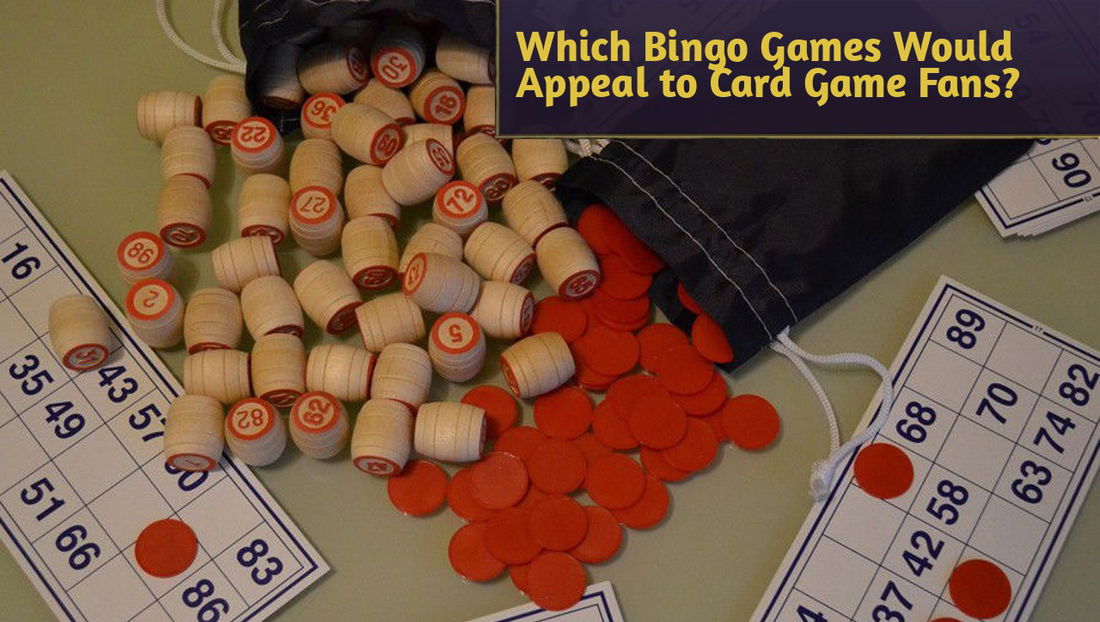Therefore, it is essential to establish a system to balance income and expenses. Even users who prefer online casino sites like https://1king-tr.com/tr/ can plan their budgets, limit their entertainment, and enjoy their time without losing control.
Financial discipline is a trait needed by everyone who controls their daily spending, not just those making large investments.
Not Uncontrolled Spending, But Conscious Planning
If you don’t know where your money is going, saving is almost impossible. Although it may seem like a waste of time at first, recording expenses provides significant long-term benefits. This way, unnecessary expenses can easily be identified and corrected. Here are some practical steps to maintain income-expense balance:
● Categorize Expenses: Tracking under categories such as groceries, transportation, bills, entertainment, etc., clearly shows where excess spending occurs.
● Set a Monthly Limit: It is important to set a spending limit according to your budget, not your credit card limit.
● Allow for Unexpected Expenses: Allocating a small portion of your planned budget for emergencies prevents borrowing in sudden situations.
● Regular Reviews: Reviewing the expense list weekly or bi-weekly helps identify when you have deviated from your plan early on.
These methods are effective not only for saving money but also for gaining awareness of spending habits.
A Fixed Income Doesn’t Make Saving Impossible
Many people delay budgeting by saying, "I don’t earn much anyway." However, the issue is not about increasing income but rather using the existing income more efficiently. Reducing expenses doesn’t mean cutting back on necessities. Savings can also be achieved by choosing more affordable options.
Reviewing subscriptions, reducing energy consumption, or cooking at home instead of dining out can make a visible difference in monthly expenses. The key is to make these habits sustainable. Reducing expenses should be a permanent strategy, not a temporary one.
A Balanced Budget is Not Just About Numbers, But About Habits
Managing a budget may seem like a mathematical process, but it is actually related to habits. Any plan that is made without changing spending habits won’t work in the long term. Therefore, setting realistic goals makes it easier to maintain financial discipline.
Instead of restricting yourself entirely while saving, it is more effective to manage expenses with a specific goal in mind. For example, creating a short-term vacation fund or an emergency fund can be a strong source of motivation to guide spending behavior. When this balance is achieved, money is brought under control, and stress decreases.











— Kommentare 0
, Reaktionen 1
Sei der erste der kommentiert